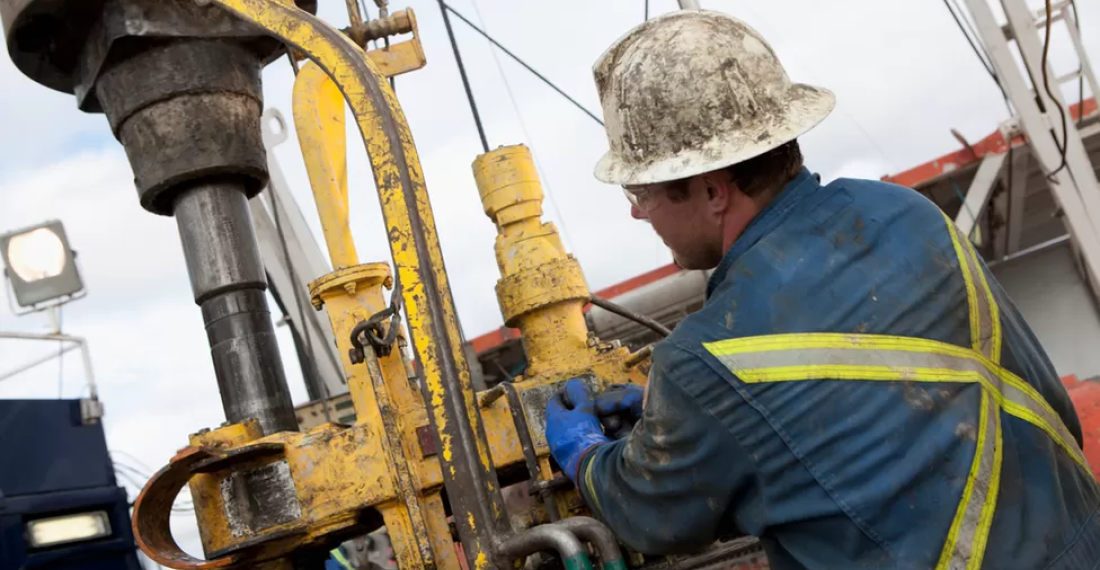Global oil prices have soared after a surprise announcment by several key oil-producing states on Sunday (2 April) that they would cut production by as much as one million barrels per day.
Saudi Arabia, Iraq and several Gulf states all announced that they would cut production by more than one million barrels per day, while Russia also said it would extend its cut of half a million barrels per day until the end of the year.
The price of Brent crude oil is now trading above $84 a barrel after jumping by more than 5%, and shares in oil giants BP and Shell rose by more than 4% on Monday.
The reduction in output is being made by members of the OPEC+ oil producers, who account for about 40% of all the world's crude oil output.
With the announcement, Saudi Arabia is reducing output by 500,000 barrels per day and Iraq by 211,000. The UAE, Kuwait, Algeria and Oman are also making cuts.
According to the official Saudi Press Agency, an energy minister official said the decision was "a precautionary measure aimed at supporting the stability of the oil market".
Speaking to the BBC, Nathan Piper, an independent oil analyst, said that OPEC+'s move appeared to be an attempt to keep the oil price above $80 a barrel in the medium term, given that demand could be hit by a weakening global economy and sanctions have had a "limited impact" on restricting Russian oil supplies.
source: commonspace.eu with BBC
photo: Getty Images







